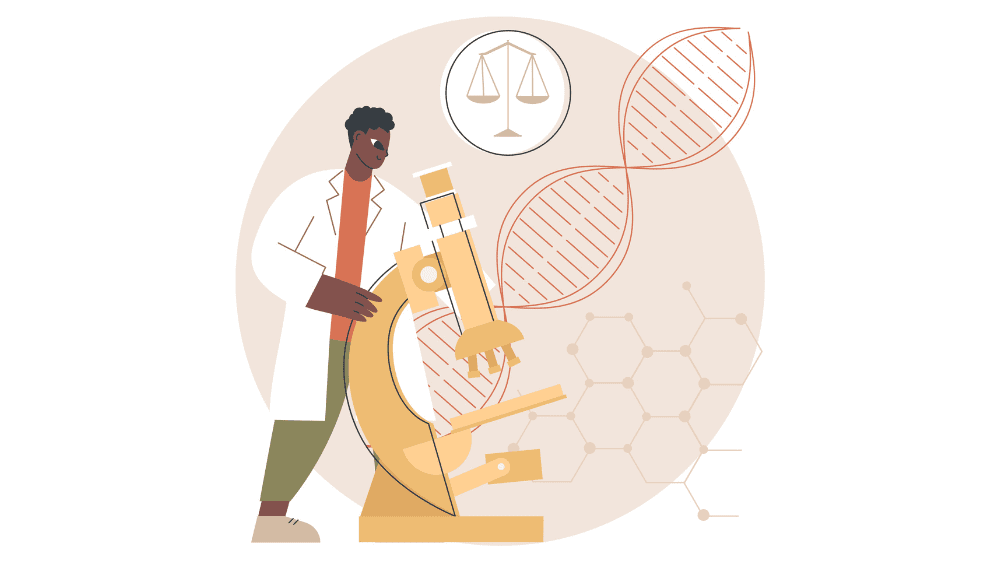INTRODUCTION
In today’s rapidly advancing healthcare industry, the intersection of medical ethics and legal considerations has become increasingly complex. Healthcare professionals and legal experts must navigate a myriad of challenges arising from new technologies, patient rights, and evolving ethical frameworks. This article delves into the intricate relationship between medical ethics and the legal frontiers of healthcare, shedding light on the key issues and their implications within this evolving landscape.
MEDICAL ETHICS: THE FOUNDATION OF HEALTHCARE
At the heart of healthcare lies medical ethics, which encompass principles and values that guide healthcare professionals in providing quality care while upholding patient rights and autonomy. The four core principles of medical ethics are autonomy, beneficence, nonmaleficence, and justice.
Autonomy recognizes the right of patients to make informed decisions about their medical care, ensuring their consent is obtained prior to any intervention. Beneficence emphasizes the duty of healthcare providers to act in the best interest of the patient, promoting their well-being. Nonmaleficence mandates that healthcare professionals do no harm to patients, while justice highlights the equitable distribution of healthcare resources.
LEGAL FRAMEWORK: PROTECTING PATIENT RIGHTS
The legal frontiers of healthcare are shaped by laws, regulations, and court decisions that seek to protect patient rights, ensure quality care, and address emerging challenges. Several legal aspects significantly impact the healthcare industry, including medical malpractice, patient privacy, informed consent, and end-of-life decisions.
Medical Malpractice: Healthcare professionals have a legal duty to provide a standard of care consistent with their specialty. Negligence or deviation from this standard can result in medical malpractice claims, emphasizing the importance of accountability and patient safety.
One notable case that highlights medical malpractice is the landmark case of Canterbury v. Spence (1972). In this case, the court ruled that the disclosure of risks associated with medical procedures is essential to obtaining informed consent from patients. This case established the standard of care regarding the disclosure of risks and allowed patients to make informed decisions about their treatment.
Patient Privacy: In an era of electronic health records and interconnected systems, protecting patient privacy is paramount. Laws such as the Health Insurance Portability and Accountability Act (HIPAA) in the United States and similar legislation worldwide safeguard patient confidentiality and regulate the collection, use, and disclosure of medical information.
Informed Consent: Patients have the right to be fully informed about their medical condition, treatment options, potential risks, and benefits. Informed consent ensures patients can actively participate in decisions regarding their care, fostering a partnership between patients and healthcare providers.
End-of-Life Decisions: The legal landscape surrounding end-of-life decisions varies across jurisdictions. Advance directives, living wills, and the concept of medical futility prompt ethical and legal considerations when determining the appropriate course of action in cases where patients can no longer make decisions for themselves.
LEGAL FRONTIERS: EMERGING CHALLENGES AND ETHICAL DILEMMAS
As healthcare advances, novel technologies and practices pose new challenges within the legal framework. Here are a few notable areas where medical ethics and the law intersect:
- Artificial Intelligence (AI) and Machine Learning: The use of AI and machine learning in healthcare introduces questions regarding accountability, transparency, and potential bias in decision-making algorithms. Balancing the benefits of technology with patient safety and ethical considerations is essential.
- Genomic Medicine and Genetic Privacy: Advances in genomic medicine raise concerns about the privacy and confidentiality of genetic information. Safeguarding this sensitive data while enabling research and personalized medicine is a delicate ethical and legal balancing act.
- Telemedicine and Virtual Healthcare: The rapid expansion of telemedicine necessitates the development of legal frameworks that address licensure, privacy, and reimbursement concerns. Ensuring equitable access to care while maintaining patient safety and quality standards is crucial.
- Organ Transplantation and Allocation: Ethical dilemmas arise when determining fair and just methods for organ transplantation and allocation. Balancing supply and demand, prioritizing patients, and addressing disparities in access to organs are complex legal and ethical considerations.
CONCLUSION
The evolving healthcare landscape brings forth an intricate interplay between medical ethics and the legal frontiers of the industry. Healthcare professionals, legal experts, policymakers, and society at large must collaborate to navigate the complex challenges that emerge with technological advancements, patient rights, and shifting ethical frameworks. By upholding the principles of medical ethics while adapting to the ever-changing legal landscape, the healthcare industry can strive to provide equitable, patient-centered care while ensuring accountability and fostering innovation.
Note: This article provides a general overview of the relationship between medical ethics and the legal frontiers of healthcare. The case mentioned is for illustrative purposes only and is not an exhaustive list of relevant cases. It is important to consult legal professionals and refer to specific laws and regulations in your jurisdiction for comprehensive guidance.
REFERENCES
https://www.frontiersin.org/articles/10.3389/fdgth.2023.1139210/full
https://www.mdpi.com/2227-9032/11/6/911
“PRIME LEGAL is a full-service law firm that has won a National Award and has more than 20 years of experience in an array of sectors and practice areas. Prime legal fall into a category of best law firm, best lawyer, best family lawyer, best divorce lawyer, best divorce law firm, best criminal lawyer, best criminal law firm, best consumer lawyer, best civil lawyer.”
ARTICLE REVIEWED BY VETHIKA D PORWAL, BMS COLLEGE OF LAW


